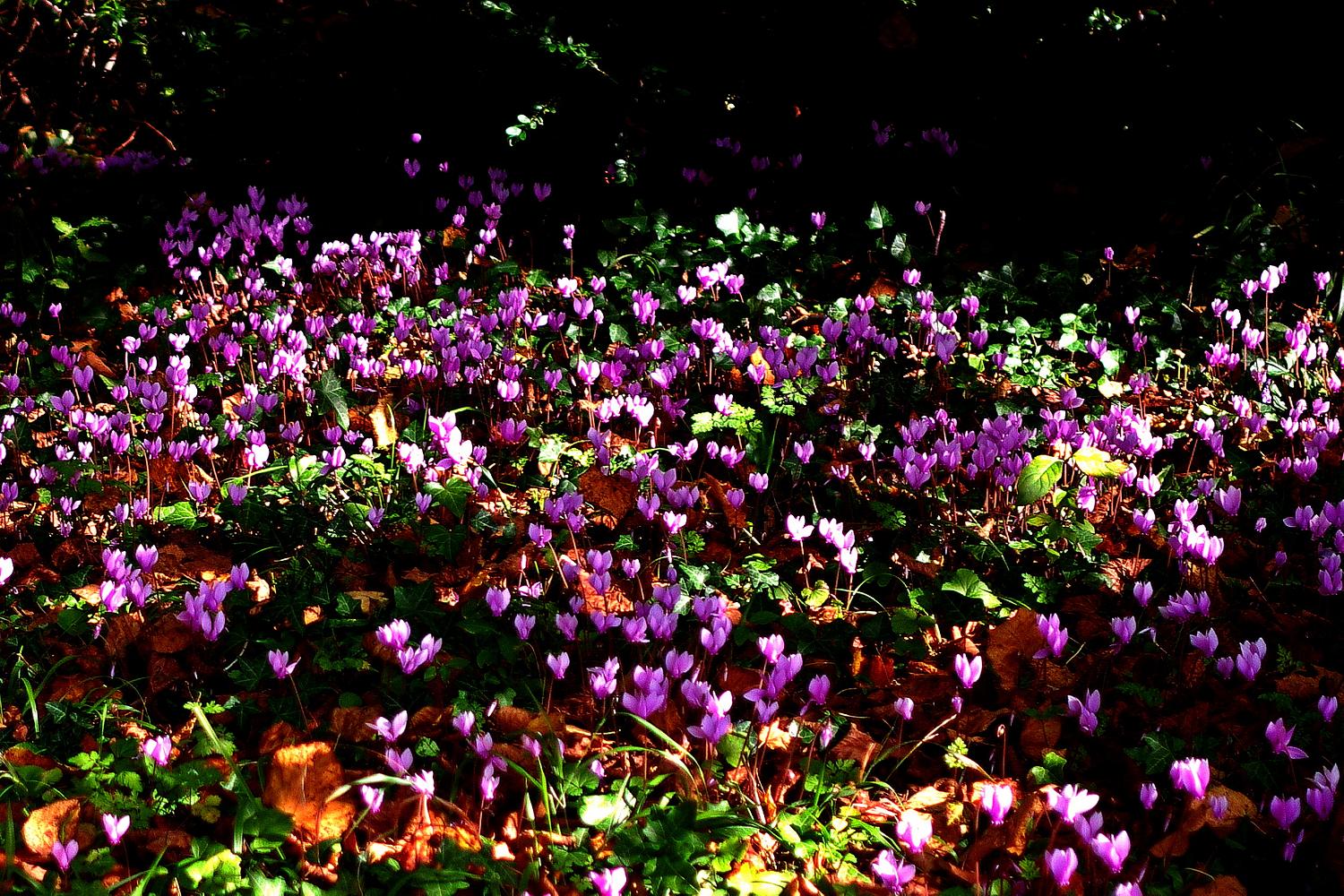
Living with life’s fragility
by Charles Hastings
Impermanence
In my beginning is my end.
—T.S. Eliot
Impermanence
The beauty that we can find in our life is always in the context of magical moments suspended between birth and death. Our civilizations, our ecosystem and even our planet, a tiny dot in an infinite universe of time and space, are fragile and impermanent.
The beauty we can create in our lives by getting in touch with the marvelous inner qualities of our mind, the unconditional kindness that we can develop for those around us, and the little seeds of happiness we can sow, are not invalidated at all by the fact that everything changes.
Here you will find a collection of reflections, contemplations and meditations on impermanence to help us consider what really counts in this life: Impermanence and Meditation
The beauty we can create in our lives by getting in touch with the marvelous inner qualities of our mind, the unconditional kindness that we can develop for those around us, and the little seeds of happiness we can sow, are not invalidated at all by the fact that everything changes.
Here you will find a collection of reflections, contemplations and meditations on impermanence to help us consider what really counts in this life: Impermanence and Meditation
Everyday altruism
There are endless examples of apparently ordinary people finding extraordinary resources of stability and altruism in themselves in crisis situations. As Matthieu Ricard often says, an under-reported aspect of the disasters whose dramatic aspects are emphasized in the news, are the countless acts of kindness and solidarity that always follow. That fundamental goodness is an essential part of who we are.
Accepting fragility
If we have been struck by a serious illness it is normal to do whatever we can to treat it. Of course we want to preserve our life, or the life of our loved ones, but part of our care should be preparing for the moment when we all have to leave this life. The blessing of moments when our life is threatened is that they are a reminder to make the most of the present moment, to appreciate the immediacy of its joys, and to give priority to what is useful and let go of what is not.
Where, when, and how our life finally comes to an end is highly unpredictable. We may be snatched away by a sudden illness or accident, go through years of physical or mental ill-health or go peacefully at the end of a long life.
There is also a huge variation in the way the last moments are experienced. Some individuals find unexpected reserves of serenity and gentleness at the end of their lives, which can be moments of extraordinary beauty. The families going through this pivotal moment sometimes manage to be present with calm, understanding, and simple love. Sometimes the emotions and fears are too strong.
Where, when, and how our life finally comes to an end is highly unpredictable. We may be snatched away by a sudden illness or accident, go through years of physical or mental ill-health or go peacefully at the end of a long life.
There is also a huge variation in the way the last moments are experienced. Some individuals find unexpected reserves of serenity and gentleness at the end of their lives, which can be moments of extraordinary beauty. The families going through this pivotal moment sometimes manage to be present with calm, understanding, and simple love. Sometimes the emotions and fears are too strong.
A deep reflexion
A deep reflection on the fleeting nature of our lives and an understanding of the resilience of love in all circumstances will be a great help at those times. Each day we can be glad to be alive and try to make the best use of our time. We can care for our relationships now that we have the chance, and we can appreciate the magic moments that pop up all the time. Sometimes even the moment of passing can have its own extraordinary magic, but one has to have the eyes to see it.
To have a spiritual practice, in the sense that Matthieu understands it, with the firm grounding in reality that comes from meditation and compassionate reflexion, equips us to deal with the habitual ups and downs of life, but even more noticeably can help us to maintain our stability in dramatic situations.
To have a spiritual practice, in the sense that Matthieu understands it, with the firm grounding in reality that comes from meditation and compassionate reflexion, equips us to deal with the habitual ups and downs of life, but even more noticeably can help us to maintain our stability in dramatic situations.
So maybe it’s a time also to reflect in depth and realign our priorities in life, and use the time we have in this life to really give the best value possible to every moment that passes by: basically by imbuing the time we have to live with kindness, compassion and inner freedom, going deep into the nature of our own mind.
—Matthieu Ricard
Photo: "In my end is my beginning", Charles Hastings.
Continue